Where there is love there is life
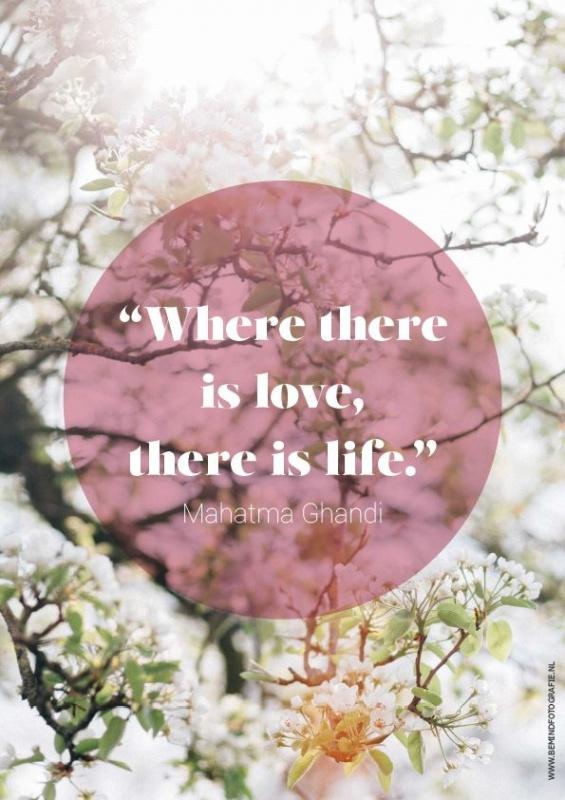
Where there is love there is life
Mahatma Gandhi, also known as the Father of the Nation in India, was a prominent leader in the Indian independence movement against British rule. He was a firm believer in the power of love and nonviolence as a means to achieve social and political change. One of his most famous quotes is, “Where there is love there is life,” which encapsulates his philosophy and approach to activism.Gandhi believed that love was the most powerful force in the world, capable of transforming individuals and societies. He saw love as a force that could overcome hatred, violence, and oppression. For Gandhi, love was not just a feeling, but a way of being and acting in the world. He believed that love could inspire people to work together for the common good, to treat each other with respect and compassion, and to seek justice and equality for all.
Gandhi’s commitment to love was deeply rooted in his spiritual beliefs. He was influenced by the teachings of Hinduism, Jainism, and Christianity, which all emphasize the importance of love, compassion, and nonviolence. Gandhi saw love as a universal principle that transcended religious, cultural, and political boundaries. He believed that love was the essence of human existence and the key to creating a more just and peaceful world.
Gandhi’s practice of love was evident in his personal life and his political activism. He treated everyone with kindness and respect, regardless of their background or beliefs. He believed in the inherent worth and dignity of every human being, and he worked tirelessly to promote social justice and equality for all. Gandhi’s commitment to love was most famously demonstrated in his nonviolent resistance to British colonial rule. He led peaceful protests, boycotts, and hunger strikes to challenge unjust laws and policies, and he inspired millions of people to join him in the struggle for independence.


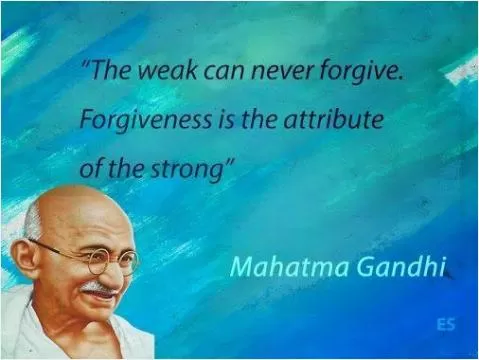

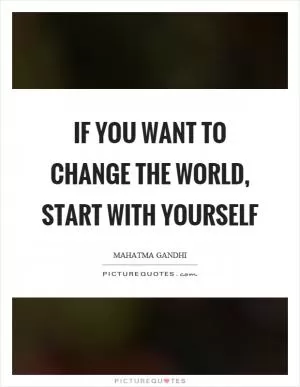
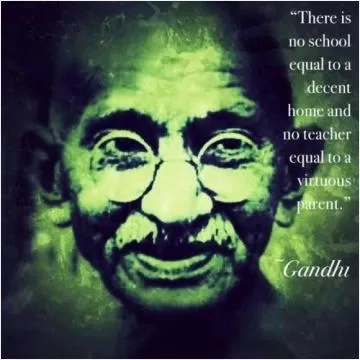


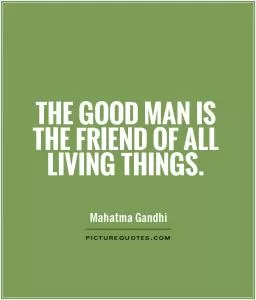
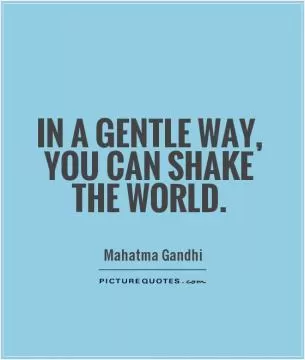
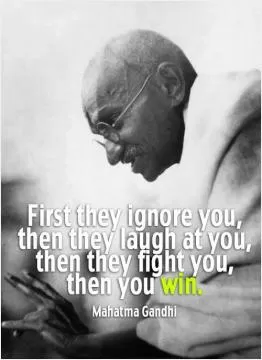
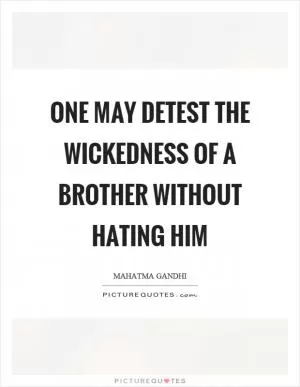
 Friendship Quotes
Friendship Quotes Love Quotes
Love Quotes Life Quotes
Life Quotes Funny Quotes
Funny Quotes Motivational Quotes
Motivational Quotes Inspirational Quotes
Inspirational Quotes